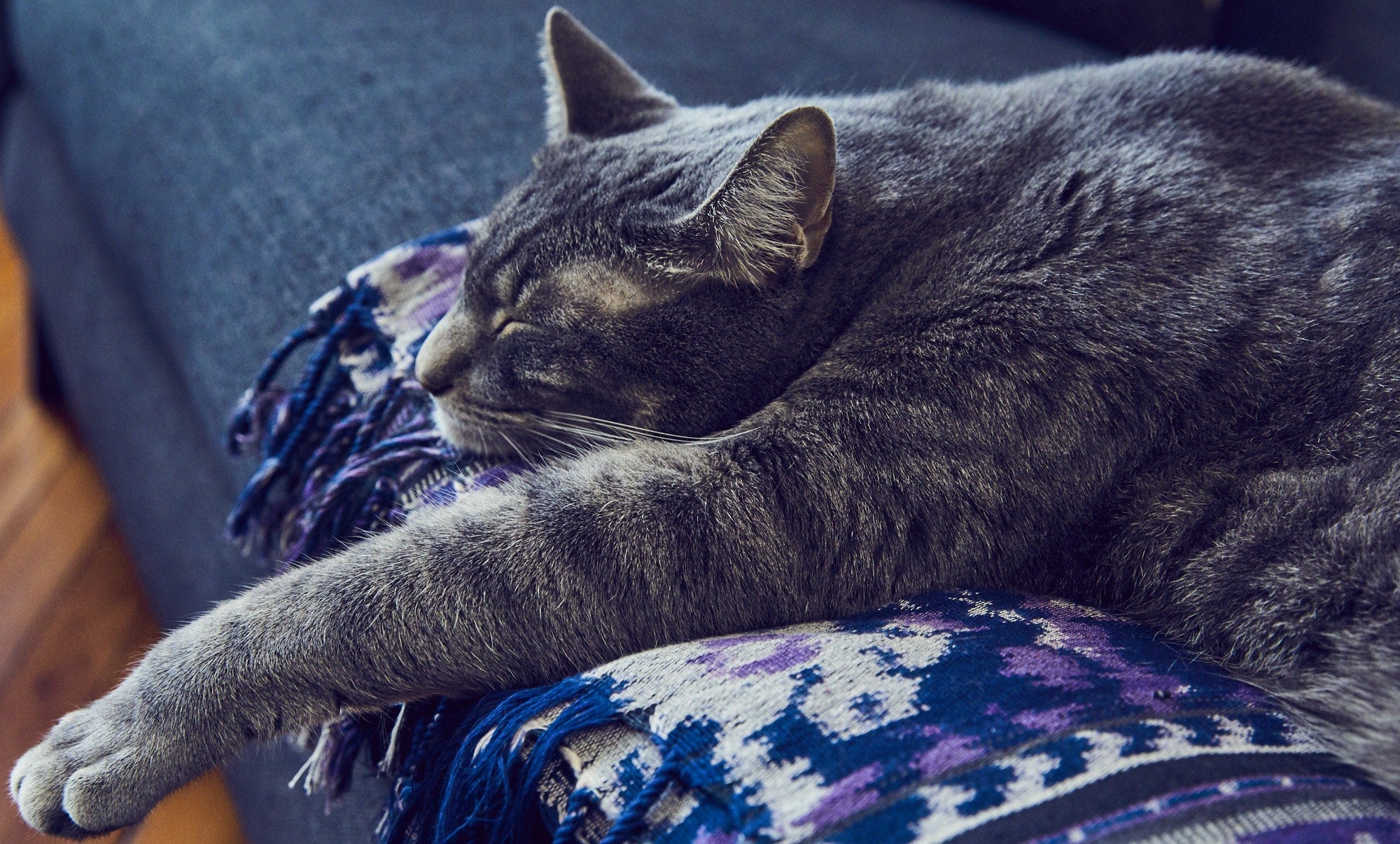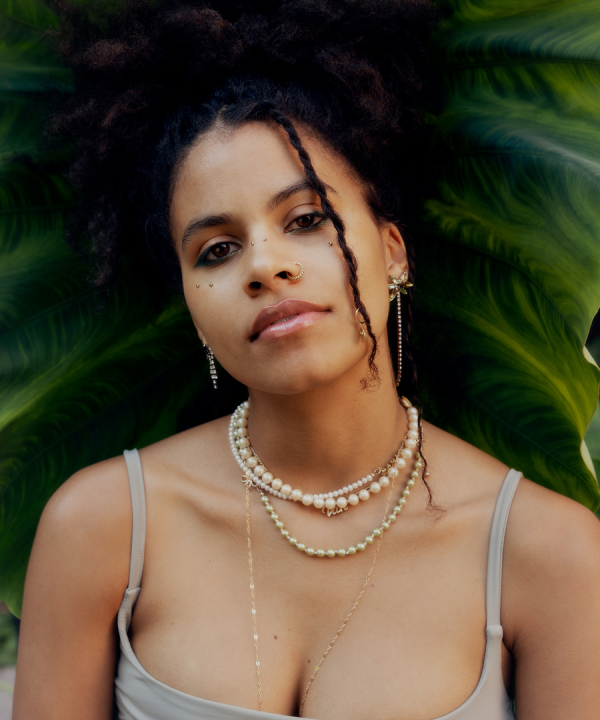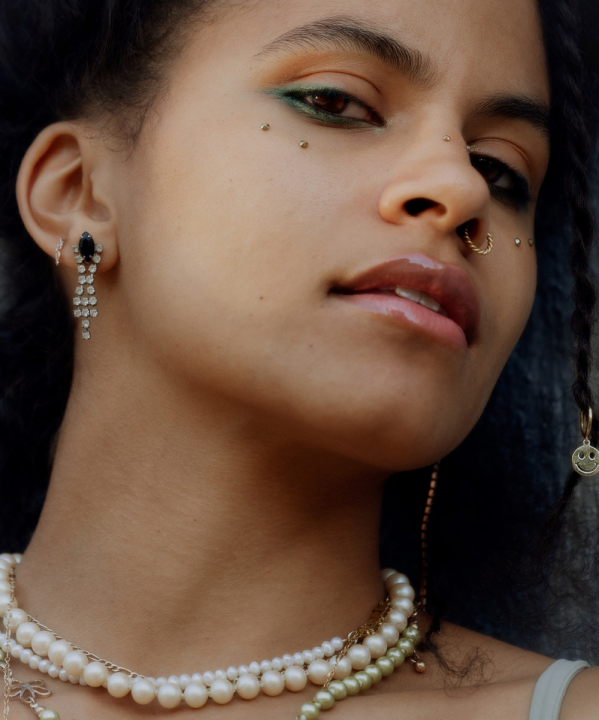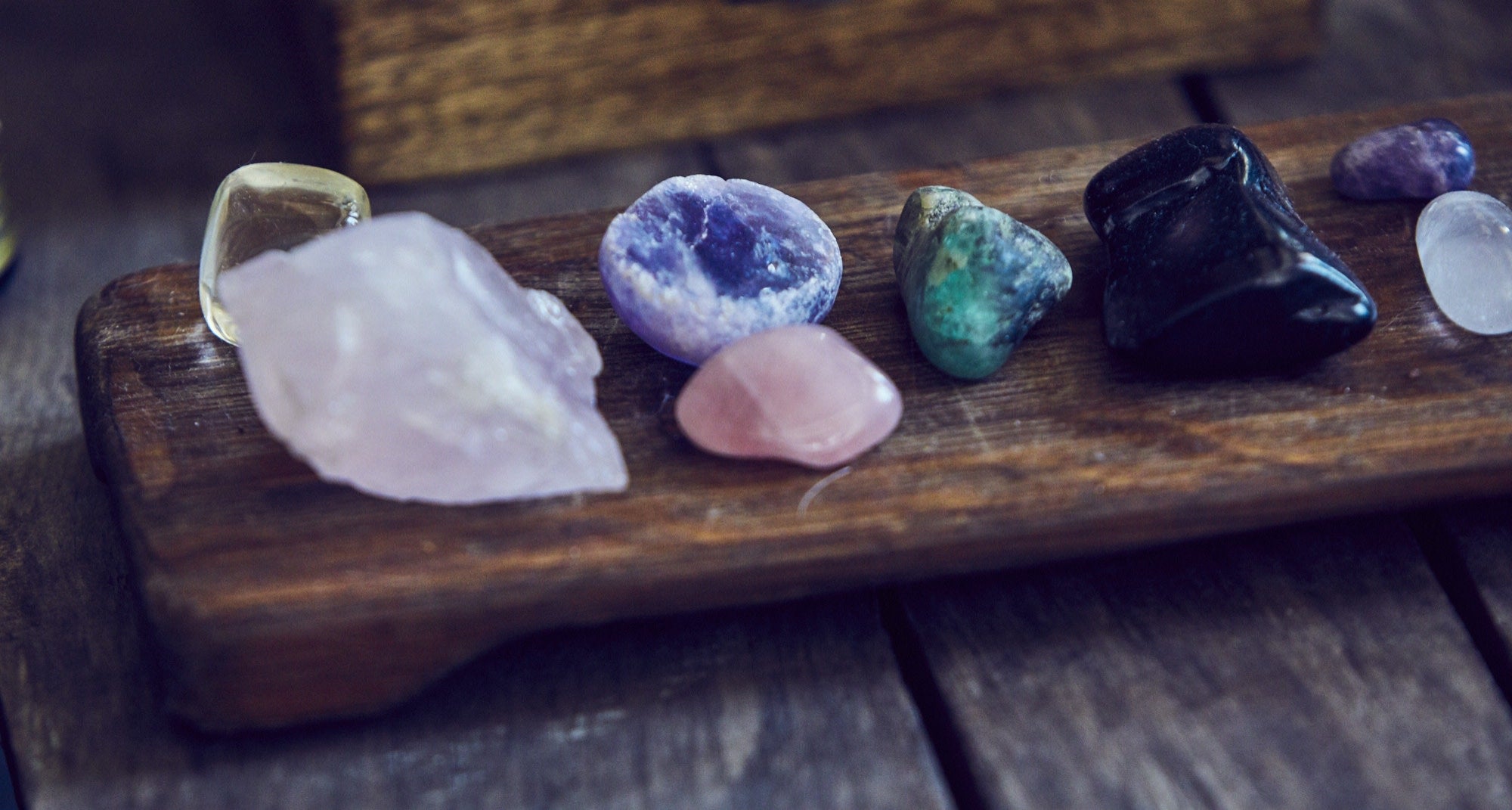
The DJ-turned-epilepsy activist on going from fashion to filmmaking, CBD, and what it's like to lose one's musical mojo.
AS TOLD TO GOSSAMER
I was asked to DJ before I even knew how to do it by the photographer Ben Watts. I met Ben in my first week in New York. He kind of took me under his wing and would invite me out to Montauk on the weekends. It was at his house one time that I was putting some music on an iPod when he asked me to DJ his Shark Attack party. I was like, "Oh, I don't know how to DJ." He said, "Just come, put the music on two iPods, and you can crossfade from one to the other."
DJing became a great way to make some extra money on the side. I really owe a lot to my boyfriend at the time who told me, "I think you'd be a really good DJ, but learn to do it properly. Don't be another one of these girls playing music from their iTunes. Take classes, take it really seriously, and learn with turntables and records how to mix and beat match."
I started to learn with another DJ who was very sweet and very patient. He taught me about the importance of organizing your music and about taste. That is why people hire you, really. You can't buy taste and you can't buy that knowledge, so you should start there. I think a lot of the time people worry so much about the technicalities. DJing is such a beautiful thing. You are like this vessel, channeling an energy that comes from somewhere else. Sometimes I have these amazing sets and don't even know where it's coming from—this ability to know what to play next. There are many DJs with amazing technical skills, but I wouldn’t say that I’m one of them. I probably got where I did more so through my knowledge and diverse taste in music.
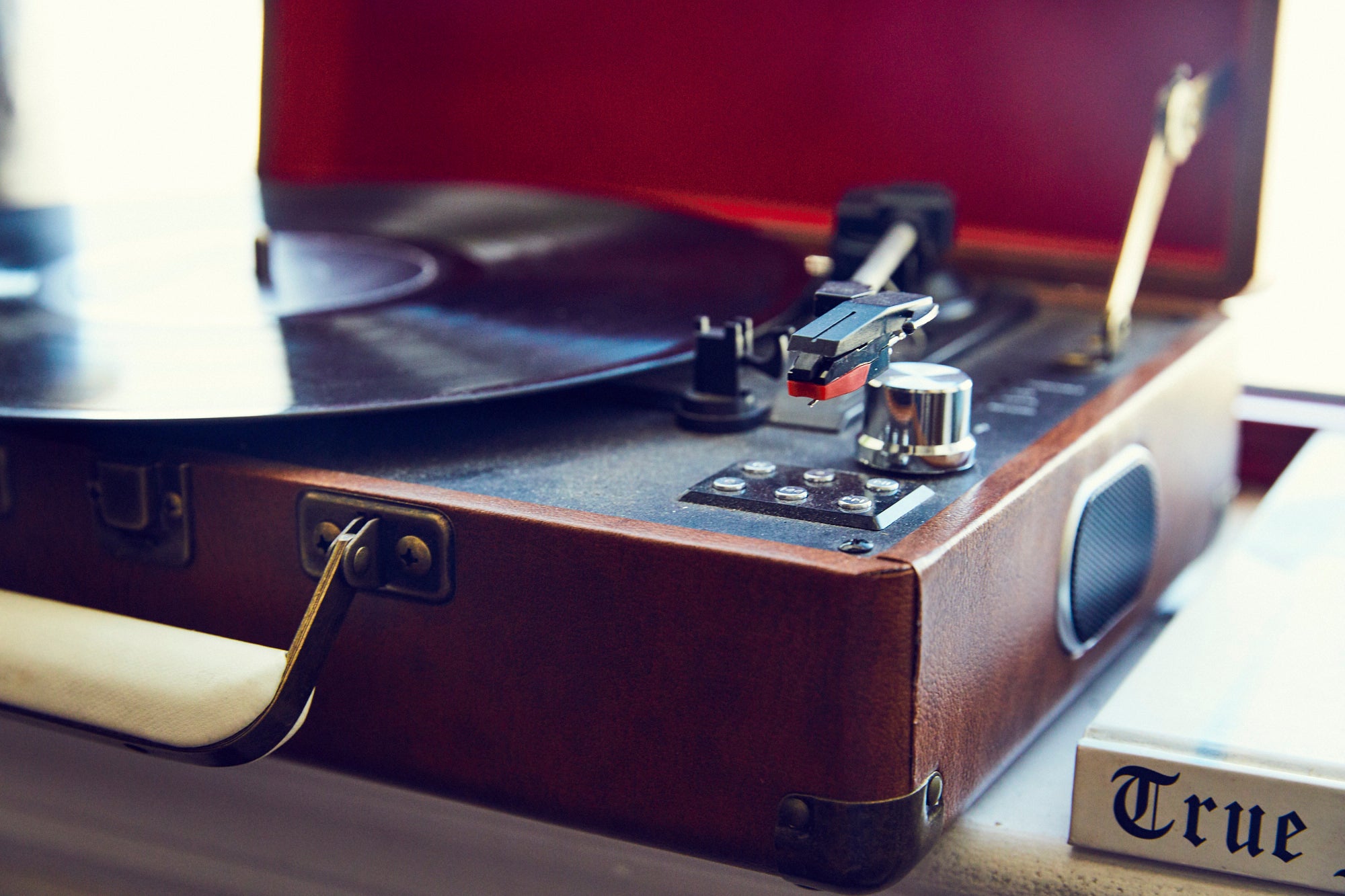
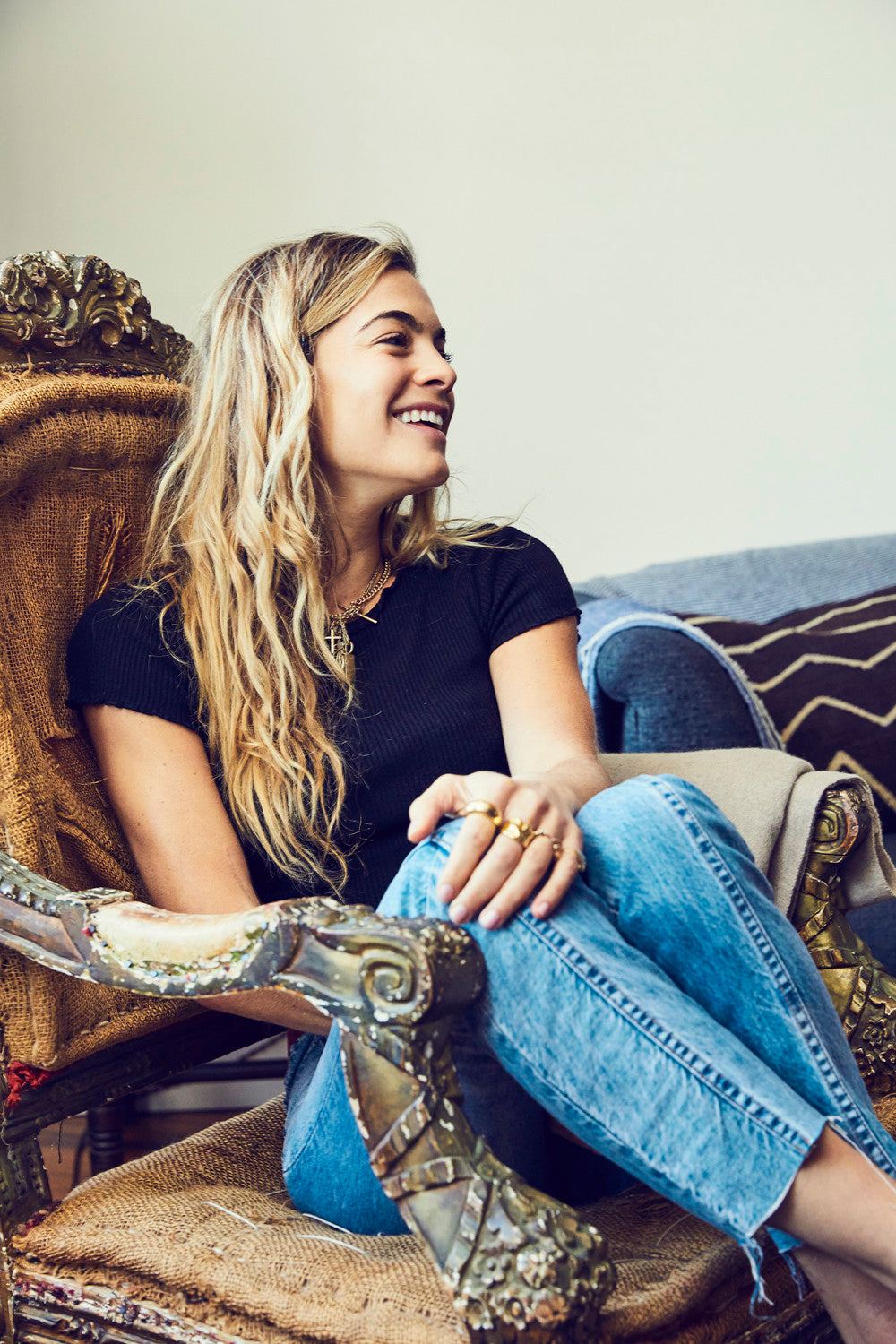
DJing was never something that I saw myself doing for the long run, I guess—I was just sort of riding that wave.

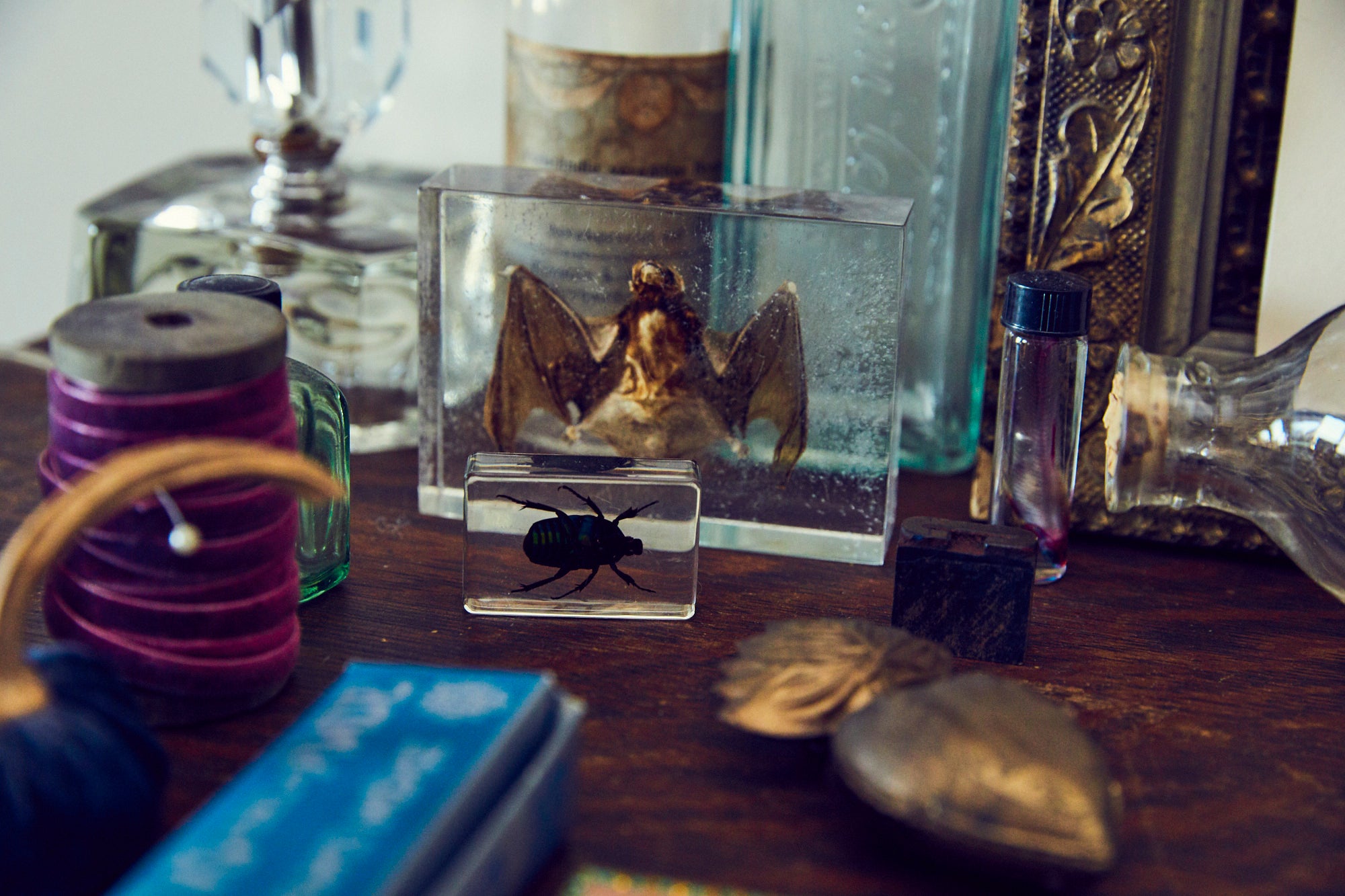
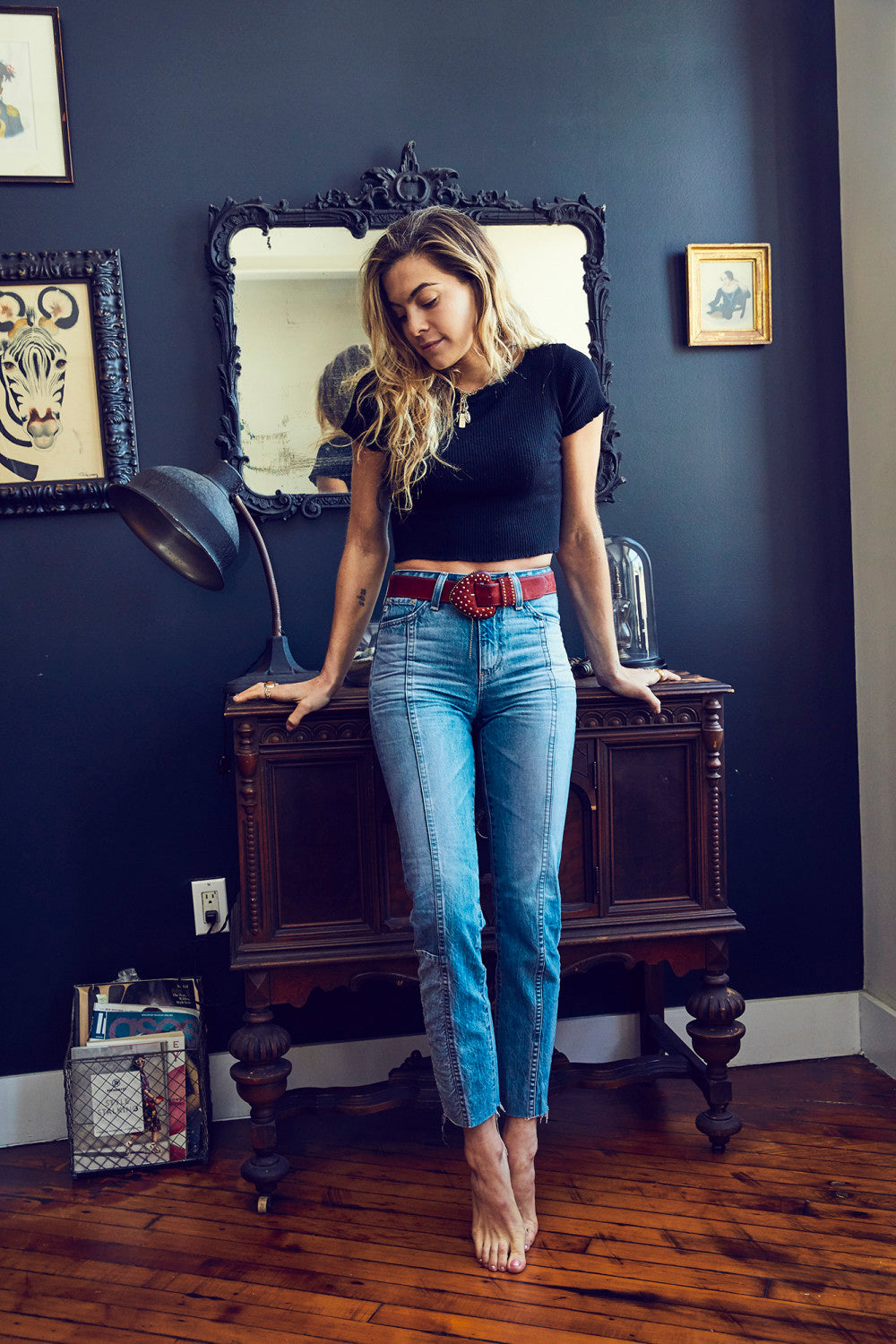
Music is a universal language that everyone speaks. It's the one thing that can shift people's moods and bring tears to someone's eyes just like that.
